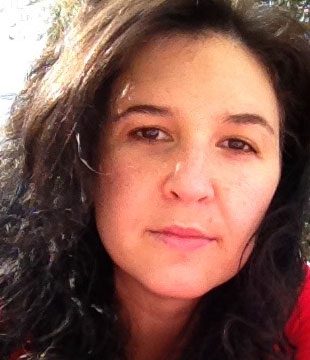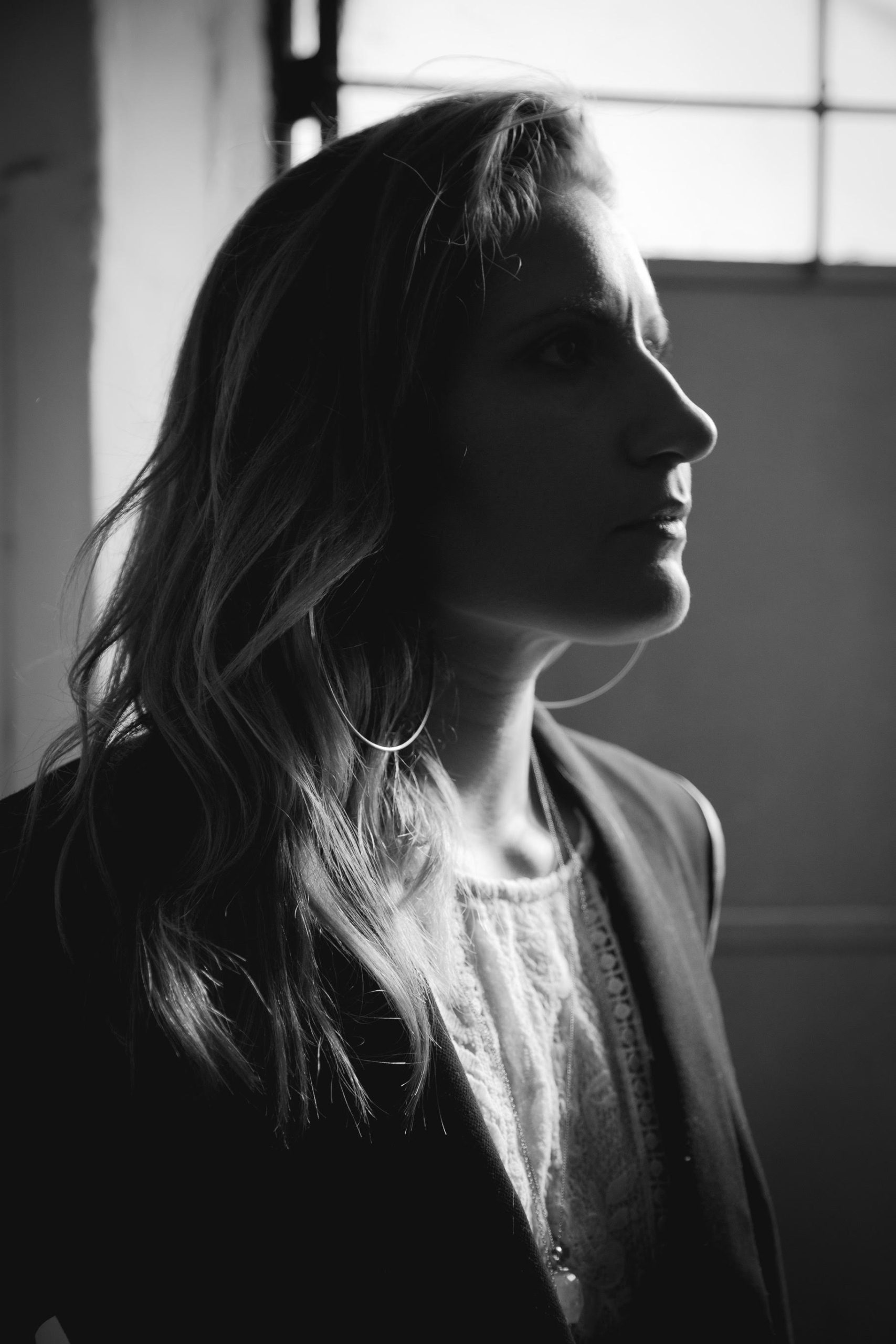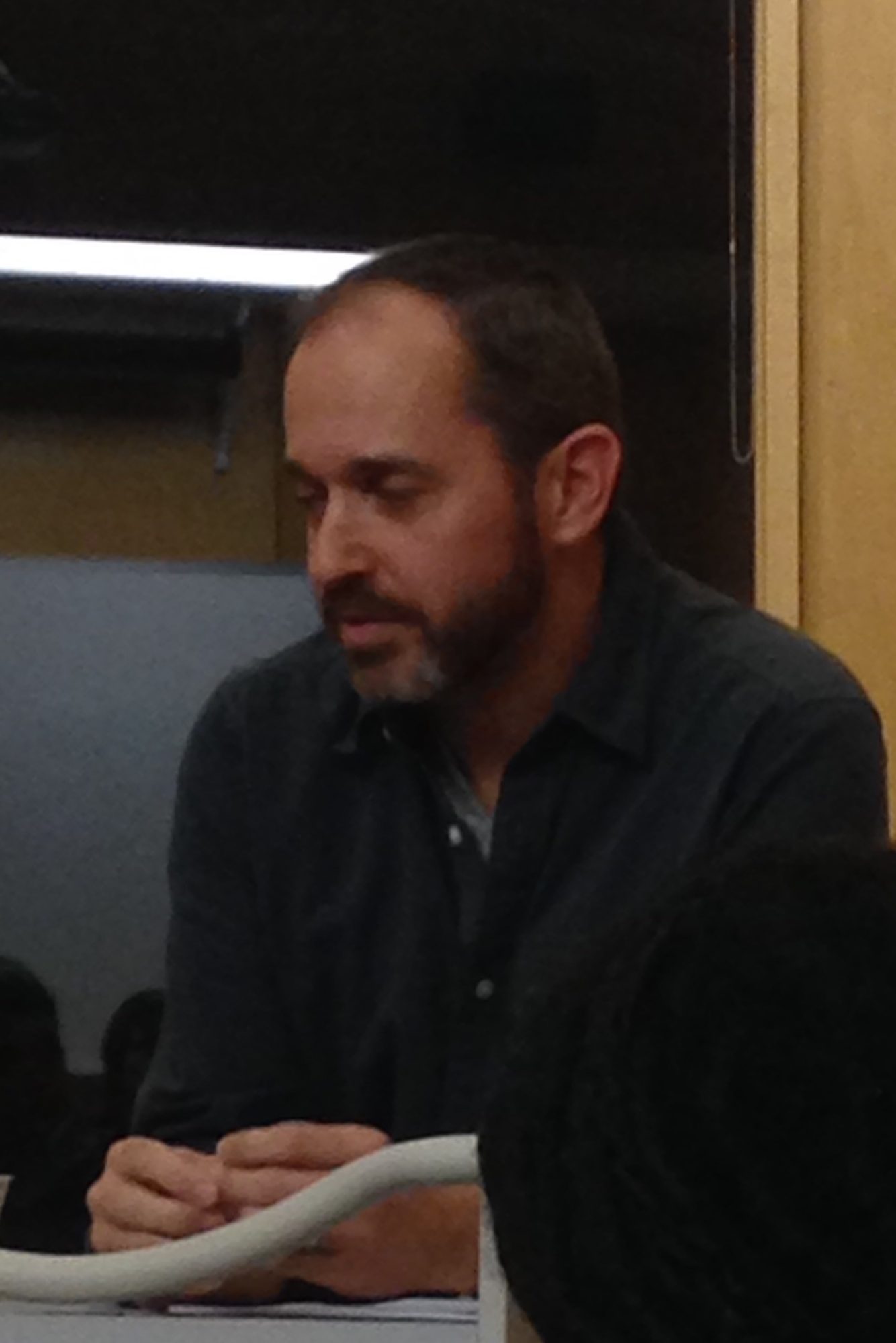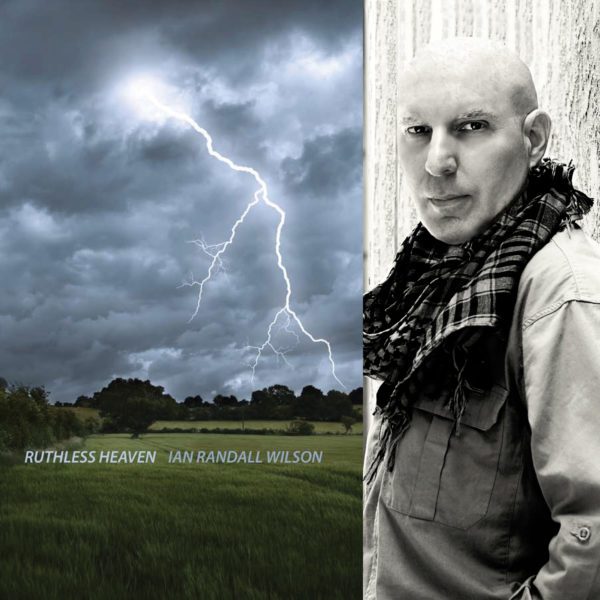
Leslie Blanco (fiction, ’07).
An essay by Leslie Blanco (fiction, ’07) appears in TransAtlantic Panorama:
Chronic Migraine Syndrome
After the floors of the towers came down one on top of the other, and people leapt out windows, and hearsay spread of heads all alone on the sidewalk, my own grief seemed unmentionable. Refugee syndrome. Car accident. Divorce. My little grief in my little life.
Overnight the ground – my ground – crumbled.
I was falling through clouds. I was falling too.
Searing pain. Blindness. Agoraphobia. Weeks and months lost underneath unwashed covers.
Now, it’s different. My body and I are uneasy friends, like girls in high school after a bout of screeching and hair pulling. My life has gone on safely, beautifully, but my body has to be cajoled now, bargained with. If I don’t drink red wine at dinner, can I stay up past ten? Drink the decaf coffee? Eat an avocado? A mango? She is a seismograph, measuring all things subterranean, the hidden significance of culture clash, and then, no warning, whiplashing me out of the jaws of dangers small, but not inconsequential. [… continue reading here.]


 A poem by Kimberly Kruge (poetry, ’15) appears in
A poem by Kimberly Kruge (poetry, ’15) appears in 

 A story by Eric Rampson (fiction, ’16) appears in
A story by Eric Rampson (fiction, ’16) appears in 